The chairman of FIFA’s referees committee said the limb-tracking technology is not a “robot offside,” as it is a mere technological assistance used by humans.
Football’s lawmakers are set to discuss the implementation of a semi-automated offside system to act as an “additional tool” to help the Video Assistant Referee (VAR) in Doha on Monday.
The International Football Association Board (IFAB), the “guardian of the laws” of the game, are scheduled to debate the potential introduction of such technology at the FIFA World Cup Qatar 2022.
The data-driven, limb-tracking system was tested out at the FIFA Club World Cup in Abu Dhabi earlier this year and had also been trialled at the FIFA Arab Cup in Qatar in December 2021.
The IFAB will not independently decide whether the system should be implemented at the World Cup, however should it offer an approval, then world football’s governing body could resume with its introduction to the major tournament this year.
“The semi-automated offside system still needs to be evaluated before a final decision is taken,” FIFA told AFP, according to beIN SPORTS, adding that the technology was simply an additional assisting tool to the VAR.
Pierluigi Collina who is the chairman of FIFA’s referees committee said in February that the VAR, first used at the World Cup in 2018, had been “very successful” but opting to make offside decisions semi-automated would mean better accuracy and a more efficient speed.
“It’s important the video officials get an accurate decision, but we are aware we need to reduce the time, particularly with offside,” Collina noted during the trials at the FIFA Club World Cup.
The optical tracking technology utilises both dedicated and broadcast cameras placed around the stadium to locate and report the exact position of players on the pitch, consequently offering referees more precise information within seconds.
The goal of the system is to generate 29 data points per player, tracking different parts of the body to create a skeletal and three-dimensional figure.
The artificial-intelligence driven system would potentially transform mere images into a 3D animation that can be displayed onto the big screen at grounds, should a final decision be attained regarding its introduction to this year’s World Cup.
The term ‘semi-automated’ is coined due to FIFA’s insistence that match officials will still make the final verdict, with a dedicated VAR assistant in place to monitor offsides.
“I know that someone called it ‘robot offside,’ it’s not. The technology is simply a tool used by human beings,” said Collina.
The IFAB was founded in 1886 by the football associations of England, Ireland, Scotland, and Wales as the body with sole responsibility for developing and preserving the laws of the sport.
The four nations each have one vote while FIFA, which joined in 1913, has four votes, with a three-quarters majority needed for any motion to pass.
VAR controversy
Since 2018, the effectiveness of the VAR has been one of the most debated topics, with the Premier League, along with many others, pointing out the system’s shortcomings.
Reports alleged that according to the Premier League, a full VAR review took an average of 50 seconds in the 2019/2020 season and VAR checks were delaying games by 22 seconds on average. Although the lost time is allocated to extra or injury time, the tool still leads to “many pauses” in a football competition.
Another reason for the controversy behind the VAR includes its lack of human perception.
“For example, in a situation with Arsenal player Bukayo Saka against Fulham FC, VAR showed Saka being offside, which stopped a crucial winning goal from being counted just because his toe was over the offside line. Though the right decision was made, this situation shows how VAR and the referees sometimes analyse plays to the limits and fail to consider humane mistakes that don’t even affect the play,” the report said.
In the 2018 FIFA World Cup, a match between Iran and Portugal made headlines after Cristiano Ronaldo’s side were awarded a penalty in the second half during their Group B game.
Initially, the referee gave nothing when Ronaldo went down after a challenge from Iran’s Morteza Pouraliganji, however upon VAR consultation, resumed to grant Portugal the penalty.
Although Ronaldo’s penalty was blocked by Iran’s goalkeeper Alireza Beiranvand, the then-Real Madrid player was still lucky to stay on the pitch after swinging an arm at Iranian defender Pouraliganji, which was subsequently up for short consultations again.
However, the offence was only deemed worthy of a yellow card.


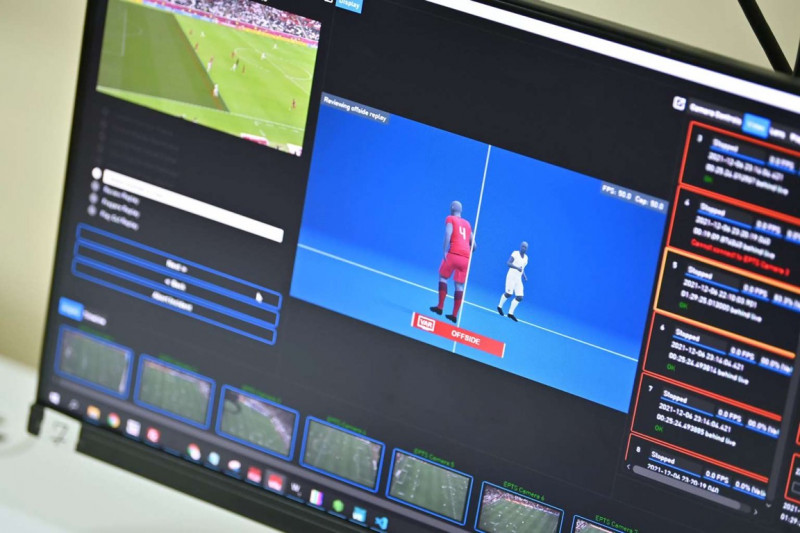


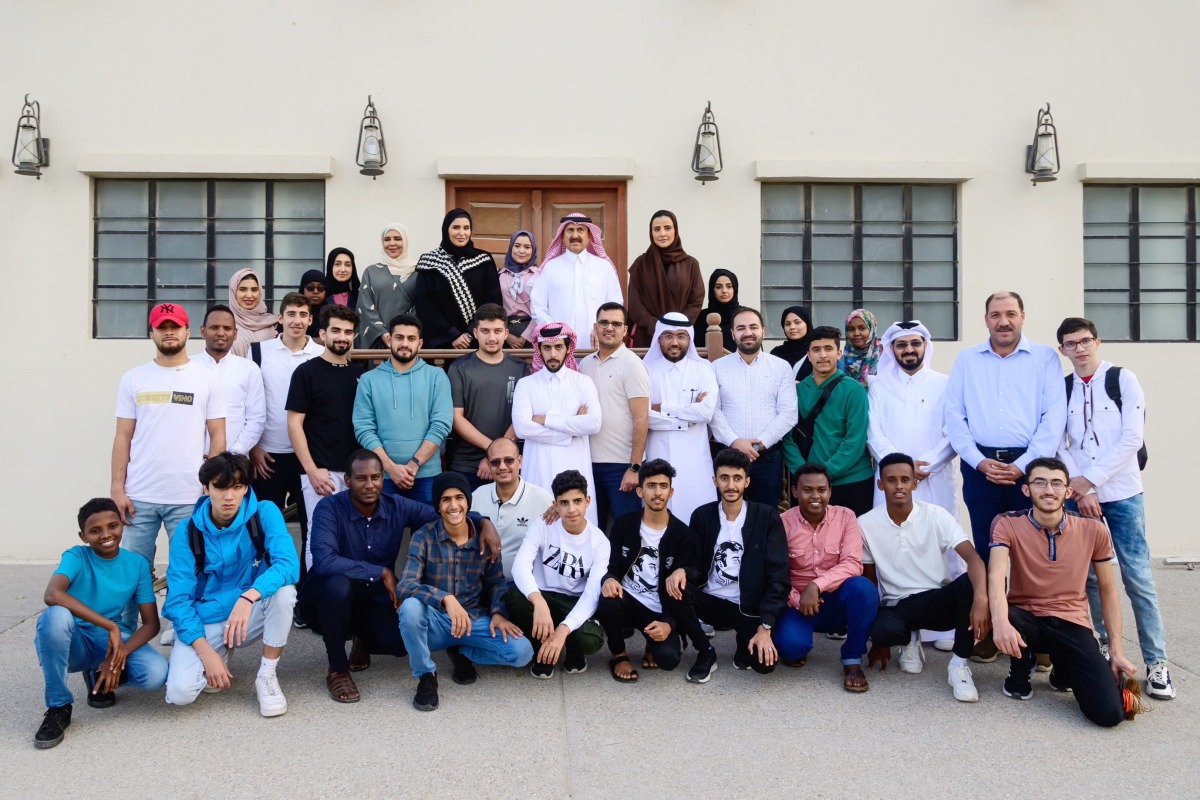
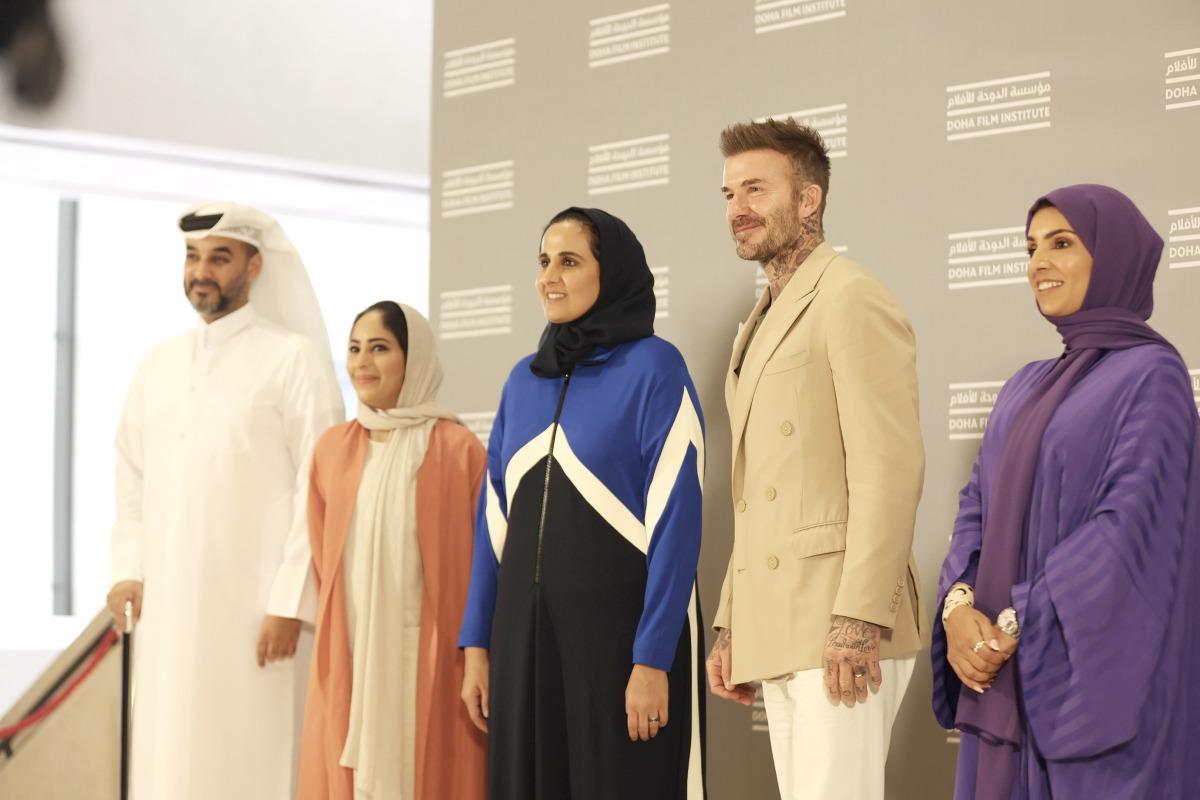
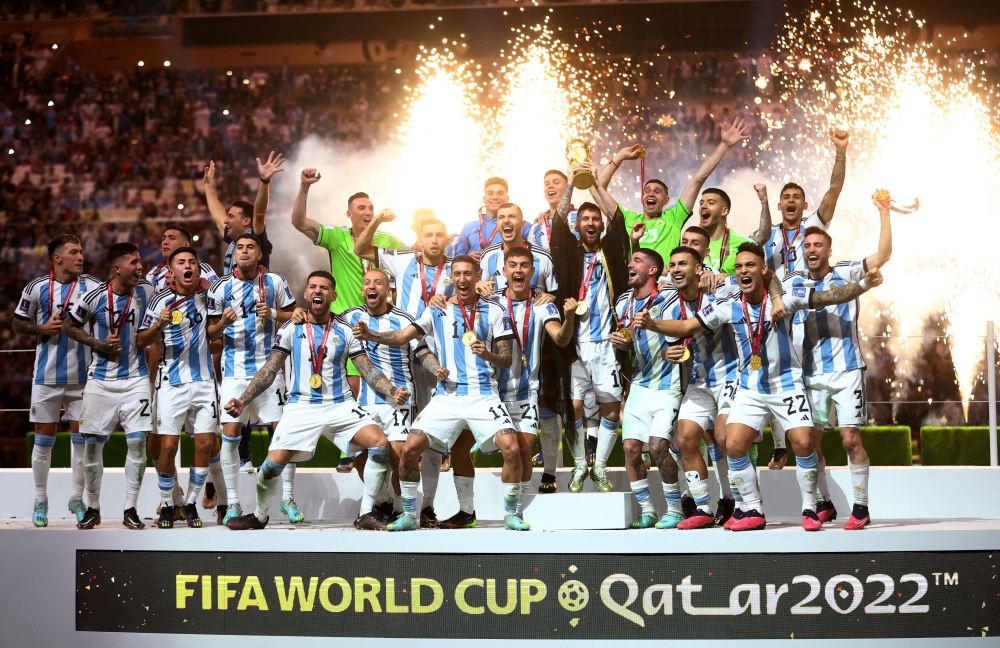
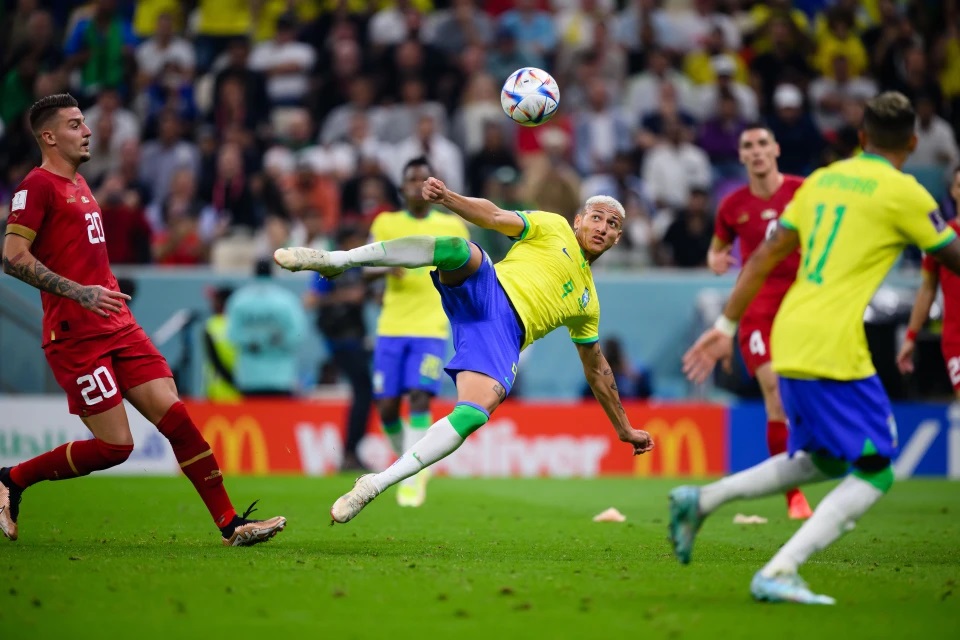



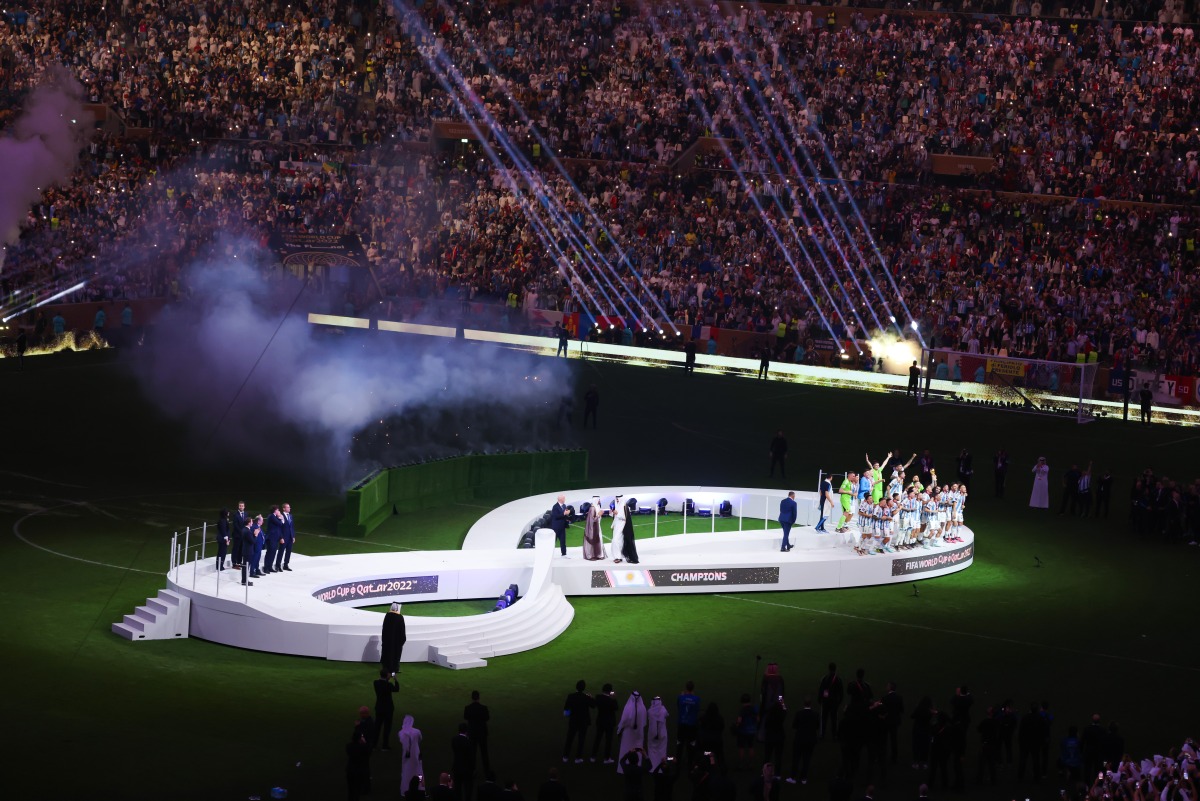




Leave a Reply